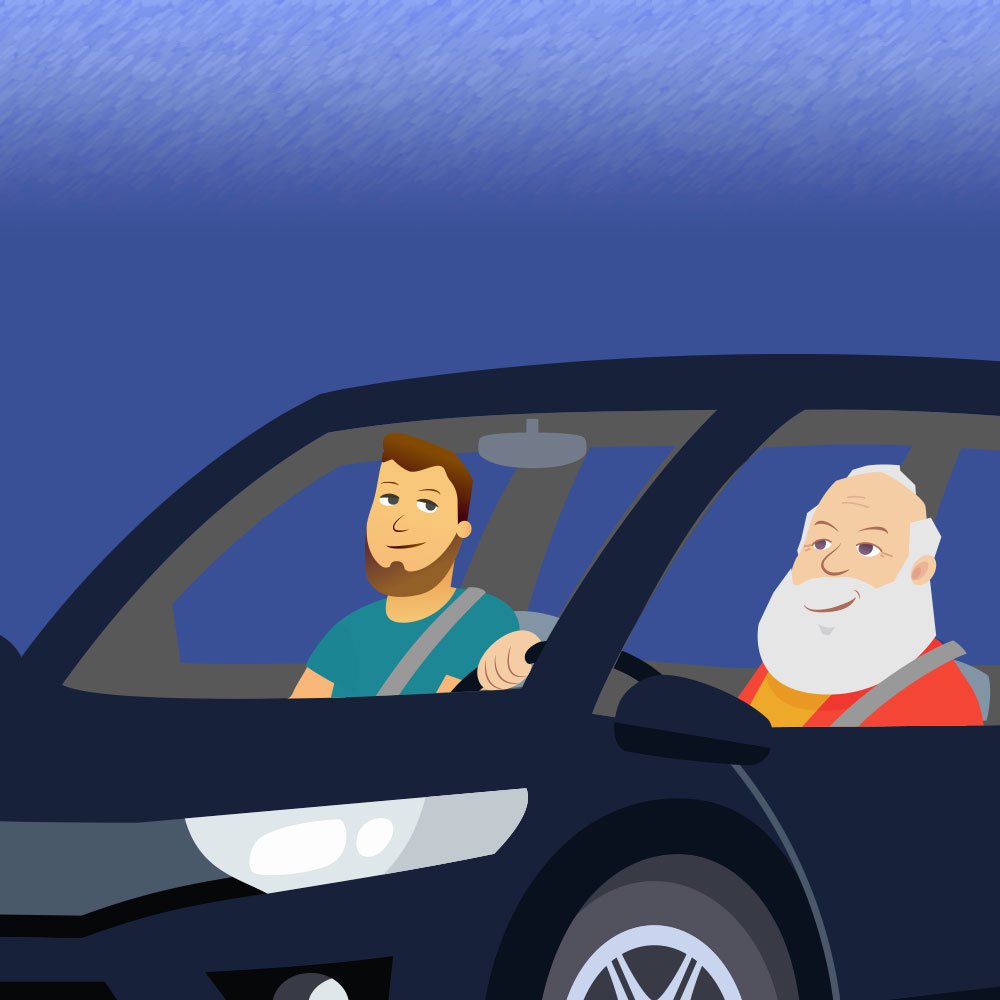Escape from everyday life, let go
Travelling can contribute to everyone’s well-being, regardless of age or ability. It's a way to get away, to let go of the daily routine. But when your loved one is experiencing loss of autonomy, planning trips can be more complicated. With summer on its way, we have asked Julie-Anne Perrault, from the Kéroul organization, to share some tips for successful vacations.















